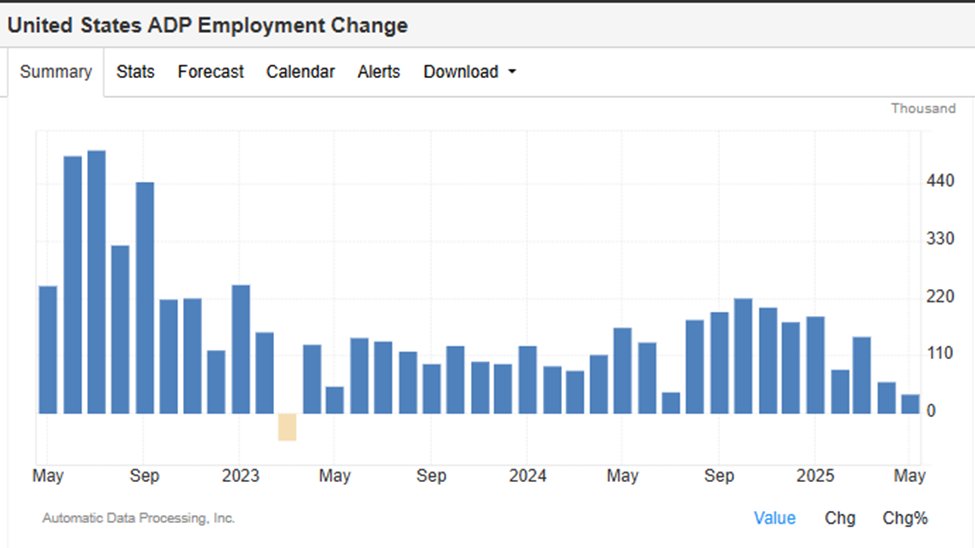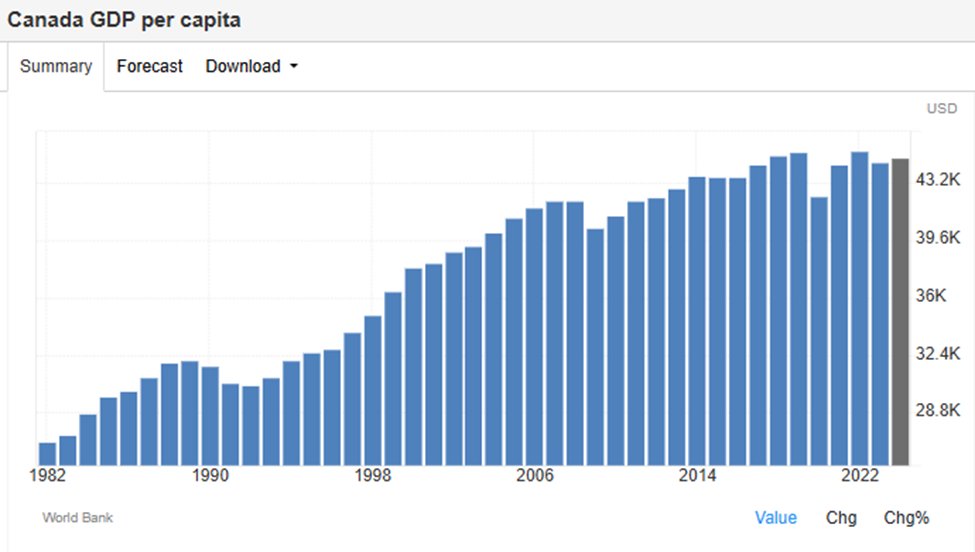
CIO at @UnlimitedFnds | PM of $HFGM, $HFEQ, $HFMF, $HFND | Fmr @Bridgewater IC | One of the few "sane" voices on #fintwit | Comments not investment advice
63 subscribers
How to get URL link on X (Twitter) App



 If you just take their 13F filings and estimate the monthly returns of their holdings you get something that looks like this below, which nets out much closer to 0% return YTD. Seems like an ok proxy since holdings didn't change that much over the quarter.
If you just take their 13F filings and estimate the monthly returns of their holdings you get something that looks like this below, which nets out much closer to 0% return YTD. Seems like an ok proxy since holdings didn't change that much over the quarter. 
















https://x.com/BobEUnlimited/status/1927318402017661066













